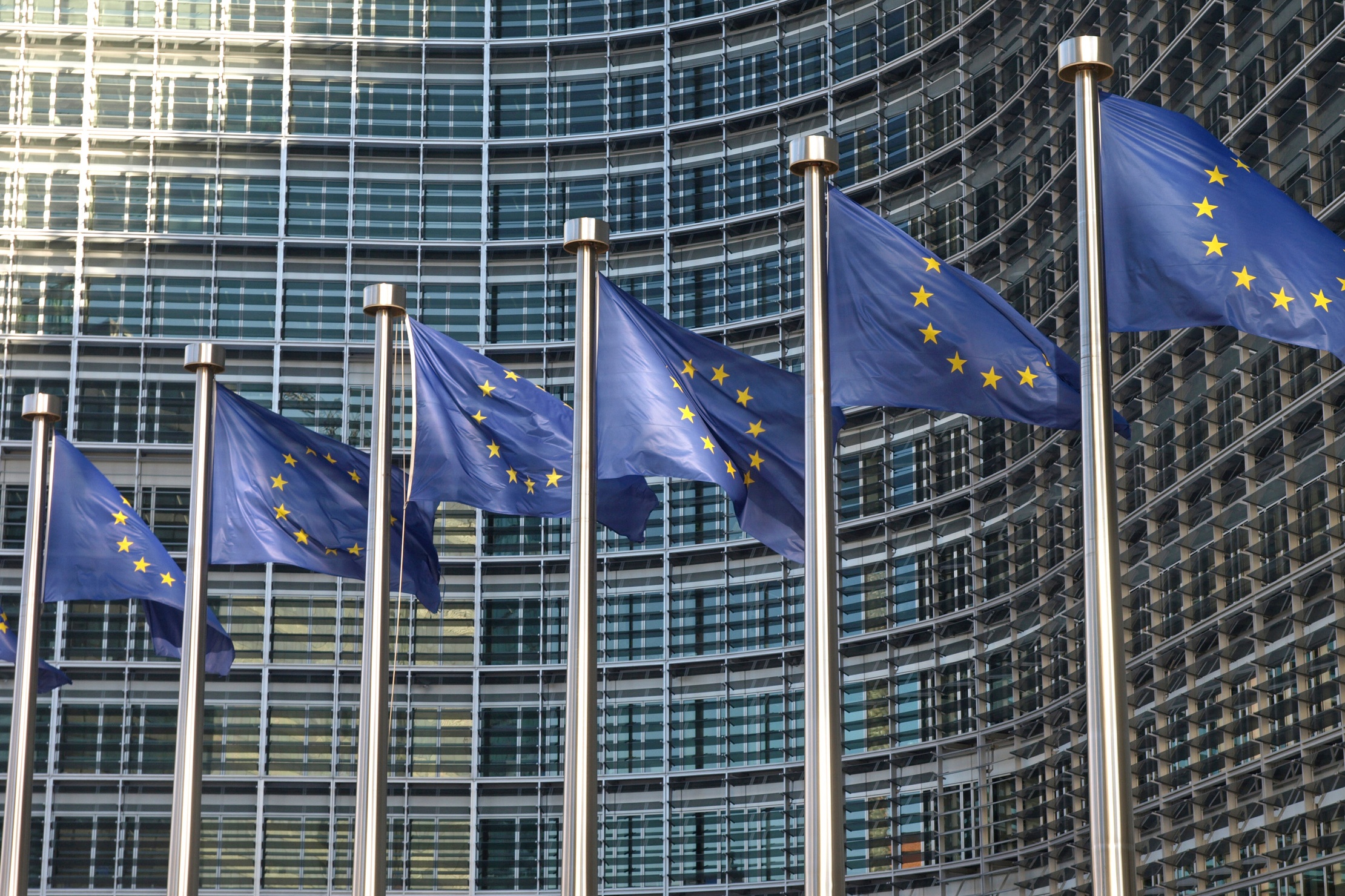British businesses 'will still have to abide by EU laws following Brexit'
"Yes" vote in EU referendum won't remove UK from data protection regulations, warns lawyer


The UK will still be subject to European data protection legislation even if it leaves the European Union, according to a lawyer.
The European Commission is currently discussing reforms to data protection legislation within the 28-country bloc that could have a significant impact on the way all businesses treat data such as personally identifiable information.
Proposals for a root-and-branch reform of existing data protection legislation have been in discussion since 2012 and it had been expected new laws would be implemented by 2014.
However, the Snowden revelations of 2013 have caused the discussions to drag on longer and it is thought new legislation will not be brought in until 2016 - the same year David Cameron hopes to hold an in-out referendum on the UK's continuing membership of the EU.
At a press panel held by analytics firm Teradata, Joanne Bone, a partner at lawyers Irwin Mitchell, said: "If we decide to come out of the EU, there are two things [that will happen]. The first is, as the legislation has extra-territorial jurisdiction built into it. If you monitor the behaviour or collect personal data relating to an EU citizen, you will be caught by it wherever you are.
"So if you are in the UK, even if we are out of the EU, if you are trading with Europe in any way ... [including] dropping cookies, then potentially it won't make any difference whether we are in or out. [But] I don't think there are that many businesses these days that are just UK data focused. So I suspect coming out of the EU will have some impact but not a massive impact."
The European Commission hopes to have completed its revamp of data protection laws by the end of 2015, aiming to strengthen citizens' rights over their data, introducing a right to be forgotten, simpler access for citizens to their own data, and the requirement for explicit consent for companies to process someone's data.
Sign up today and you will receive a free copy of our Future Focus 2025 report - the leading guidance on AI, cybersecurity and other IT challenges as per 700+ senior executives
Some countries including the UK have raised concerns over the new legislation, with former justice minister Lord McNally claiming SMBs will not benefit.
It means the proposals could be watered down, but three partial-agreements have been reached in the Council of the EU on key aspects of the General Data Protection Regulation.
These cover rules governing how companies process personal data, rules on how the public sector treats personal data and a measure to make it easier for firms to do business in the EU.

Jane McCallion is Managing Editor of ITPro and ChannelPro, specializing in data centers, enterprise IT infrastructure, and cybersecurity. Before becoming Managing Editor, she held the role of Deputy Editor and, prior to that, Features Editor, managing a pool of freelance and internal writers, while continuing to specialize in enterprise IT infrastructure, and business strategy.
Prior to joining ITPro, Jane was a freelance business journalist writing as both Jane McCallion and Jane Bordenave for titles such as European CEO, World Finance, and Business Excellence Magazine.
-
 AI is “forcing a fundamental shift” in data privacy and governance
AI is “forcing a fundamental shift” in data privacy and governanceNews Organizations are working to define and establish the governance structures they need to manage AI responsibly at scale – and budgets are going up
-
 26% of privacy professionals expect a “material privacy breach” in 2026 as budget cuts and staff shortages stretch teams to the limit
26% of privacy professionals expect a “material privacy breach” in 2026 as budget cuts and staff shortages stretch teams to the limitNews Overworked, underfunded privacy teams are being left hung out to dry by executives
-
 EU lawmakers want to limit the use of ‘algorithmic management’ systems at work
EU lawmakers want to limit the use of ‘algorithmic management’ systems at workNews All workplace decisions should have human oversight and be transparent, fair, and safe, MEPs insist
-
 Data (Use and Access) Act comes into force
Data (Use and Access) Act comes into forcenews Organizations will be required to have an effective data protection complaints procedure and fulfil new requirements for online services that children are likely to use
-
 UK businesses patchy at complying with data privacy rules
UK businesses patchy at complying with data privacy rulesNews Companies need clear and well-defined data privacy strategies
-
 Data privacy professionals are severely underfunded – and it’s only going to get worse
Data privacy professionals are severely underfunded – and it’s only going to get worseNews European data privacy professionals say they're short of cash, short of skilled staff, and stressed
-
 Four years on, how's UK GDPR holding up?
Four years on, how's UK GDPR holding up?News While some SMBs are struggling, most have stepped up to the mark in terms of data governance policies
-
 Multicloud data protection and recovery
Multicloud data protection and recoverywhitepaper Data is the lifeblood of every modern business, but what happens when your data is gone?

